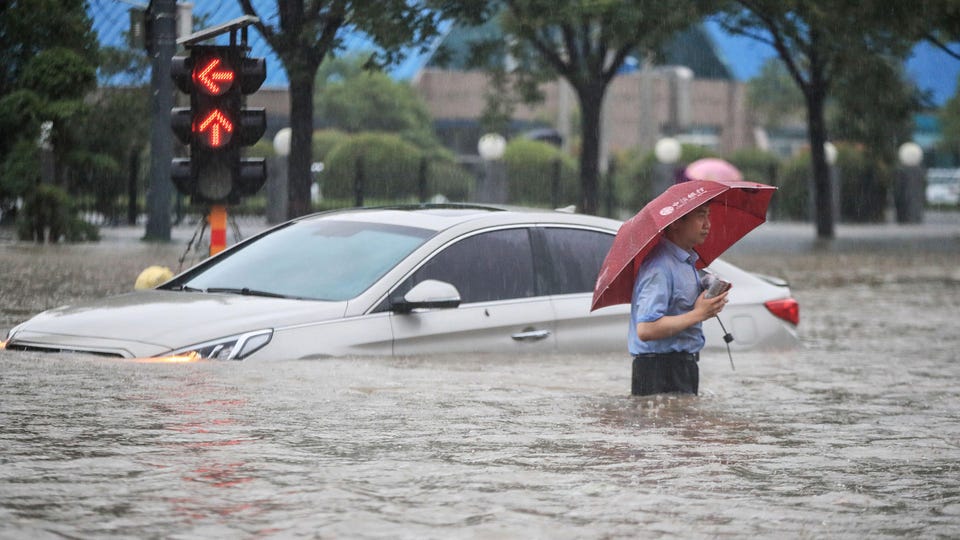8 Key Takeaways From The IPCC’s 5 Years Comprehensive Climate Change Reports

The Intergovernmental Panel on Climate Change (IPCC) recently published a comprehensive summary of its climate change reports from the past five years, providing crucial insights into the state of the global climate and the urgency of taking decisive action. Here are the 8 key points from the summary, accompanied by relevant data and numbers:
Human-induced climate change is unequivocal:
The summary highlights that human activities, primarily the burning of fossil fuels, have led to an unprecedented increase in greenhouse gas emissions. Since the pre-industrial era, CO2 concentrations have risen from 280 parts per million (ppm) to over 410 ppm, resulting in a 1.1°C rise in global temperatures.
Extreme weather events are becoming more frequent and severe:
As global temperatures continue to rise, the frequency and intensity of extreme weather events have increased. For example, the number of heatwaves has doubled since the 1980s, and extreme precipitation events have increased by 30% in some regions.
Sea levels are rising:
The melting of polar ice caps and glaciers due to global warming has contributed to a significant rise in sea levels. Global mean sea level has risen by approximately 3.6 millimeters per year since 1993, and current projections estimate an additional rise of 0.26 to 0.77 meters by 2100.
Irreversible impacts on ecosystems:
The summary emphasizes that many ecosystems are already experiencing irreversible damage due to climate change. For instance, more than 50% of global coral reefs have been lost, and Arctic sea ice extent has declined by approximately 13% per decade.
Climate change disproportionately affects vulnerable populations:
The report highlights that the impacts of climate change are not evenly distributed. For example, more than 800 million people in South Asia, sub-Saharan Africa, and Latin America are at risk of losing their homes and livelihoods due to rising sea levels, droughts, and other climate-induced hardships.
The need for rapid, transformative action:
The IPCC summary underscores the urgency of taking immediate, far-reaching action to mitigate the impacts of climate change. To limit global warming to 1.5°C, global CO2 emissions need to be reduced by 45% from 2010 levels by 2030 and reach net-zero around 2050.
The importance of global cooperation:
The report stresses that climate change is a global challenge that requires a collective response. As of September 2021, 190 countries have ratified the Paris Agreement, committing to reduce greenhouse gas emissions and invest in climate-resilient development.
Time is running out:
The IPCC summary serves as a stark warning that the window of opportunity for avoiding the worst impacts of climate change is rapidly closing. If global temperatures rise by 2°C instead of the targeted 1.5°C, the number of people exposed to severe heatwaves would increase by 420 million, and the proportion of the global population exposed to water scarcity would increase by 50%.
The IPCC’s comprehensive summary of climate change reports, along with supporting data and numbers, highlights the urgent need for global action to mitigate the devastating impacts of climate change. By working together, embracing transformative solutions, and prioritizing the needs of vulnerable populations, it is still possible to safeguard our planet’s future for generations to come.




